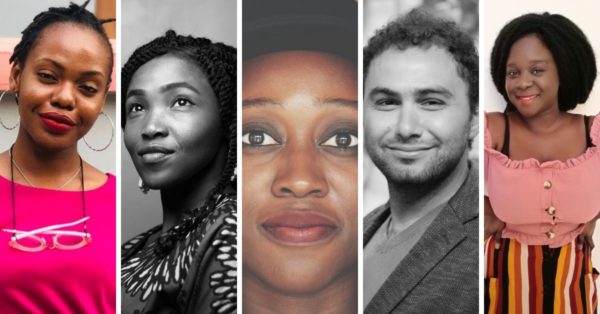
The 5 Shortlists for The 2019 Brittle Paper Awards were announced in November. Begun in 2017 to mark our seventh anniversary, the Awards aim to recognize the finest, original pieces of writing by Africans published online.
READ: The 2017 Brittle Paper Award for Fiction: Meet the Nominees
READ: The 2018 Brittle Paper Award for Fiction: Meet the 5 Finalists
The $1,100 prize money is split across five categories: The Brittle Paper Award for Fiction ($200), The Brittle Paper Award for Poetry ($200), The Brittle Paper Award for Creative Nonfiction ($200), The Brittle Paper Award for Essays & Think Pieces ($200), and The Brittle Paper Anniversary Award ($300), for writing published on our site. The winners will be announced on or after Tuesday, 10 December 2019.
Meet The 5 Finalists for the 2019 Brittle Paper Award for Fiction
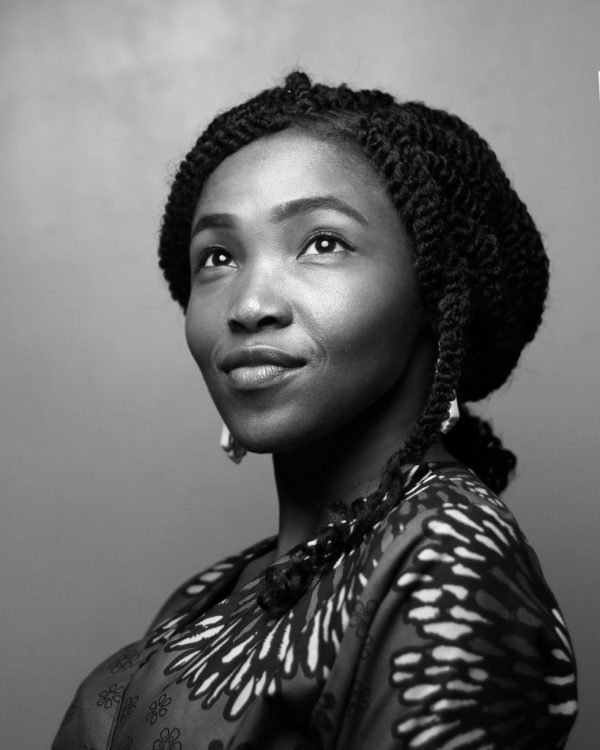
FRANCES OGAMBA (Nigeria), for “Ghana Boy,” in Munyori Literary Journal
Frances Ogamba explores varying themes in her writing. Her nonfiction piece, “The Valley of Memories,” won the 2019 Koffi Addo Prize for Creative Nonfiction. She also won joint first place for the 2019 Syncity NG Anniversary Anthology. She was shortlisted for the 2019 Writivism Short Story Prize and longlisted for the 2019 OWT Short Story Prize and the K&L Prize for African Literature. Her stories appear or are forthcoming on Enkare Review, Munyori Literary Journal, Arts and Africa, Jalada Africa, in the 2019 New Weather for MEDIA anthology, and in the first issue of Rewrite Reads. More of her stories are interspersed in Afridiaspora, the 2016 and 2018 Writivism Prize anthologies, Dwartonline, and YNaija. She is a workshop alumnus of Writivism 2016, Winter Tangerine 2016, and YELF 2018. She works as a content developer from Port Harcourt, Nigeria.
FROM “Ghana Boy”:
My father hasn’t spoken to my brother for some months. They march past each other in the house, silence walking in between them with comfortable strides. The last time they exchanged words was the night my brother and his boys raided a rice depot. He was not caught – nobody catches the wind – but the whole town knew which gang did it. When my father asked him, trapping him by the waistband of his trousers, he pushed my father’s hands away. Then my father ran to his room and returned with a sinewy cane that he used on us once. It must have been his way of laying claim on a boy whom he cuddled as a baby. But my brother burst into loud mirth and told him to fuck off. It was a deep low hum and the heavens blathered the lines with him. Fuck off. It sounded like a verdict. Then, standardizing the same voice, my father told my brother: Get out. You no be my son.
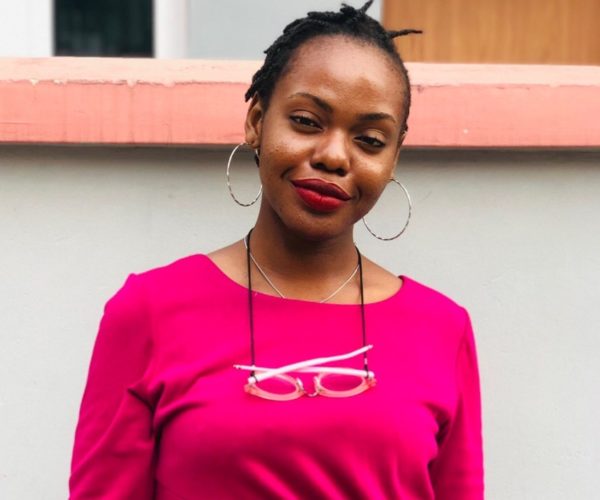
OPE ADEDEJI (Nigeria), for “After the Birds,” in McSweeneys Quarterly
Ope Adedeji dreams about bridging the gender equality gap and destroying the patriarchy. She is a writer and editor, currently doing the Lord’s work at Zikoko magazine. Her work has appeared on Arts and Africa, Afreada, Catapult, and McSweeney’s Quarterly. An Artist Managers and Literary Activists fellow, she was shortlisted for the 2018 Koffi Addo Prize for Creative Nonfiction. She is an alumnus of the 2018 Purple Hibiscus Trust Creative Writing Workshop taught by Chimamanda Ngozi Adichie and a Short Story Day Africa Editing Fellow. If you do not find her reading, you’ll find her writing.
FROM “After the Birds”:
The birds start to visit almost immediately. Hakeem starts a small garden, with pots of lilies, ixora, and aloe vera, and a wall of hibiscus, during the short paternity leave the bank gives him. His mother visits. She takes the twins and sits under the makeshift shade by the garden at midday, shaking her left leg. She tells me she is waiting. I don’t know what she’s waiting for, perhaps for the plants or the kids to grow. She’s the one who notices the birds, how they flock around the shade and peer at the boys.
“It’s nothing.” I shrug. “Birds like flowers.”
. . . She shakes her small head. “It’s not nothing, my dear.” It is something.
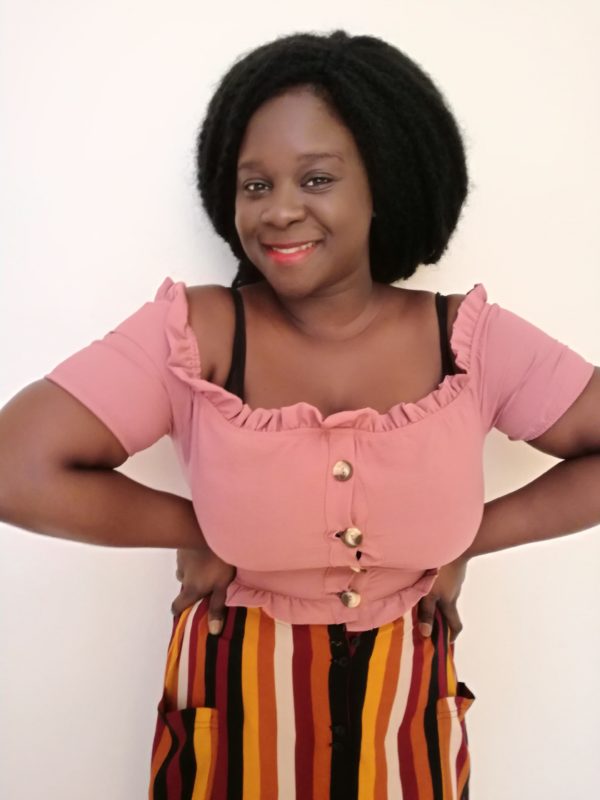
KELETSO MOPAI (South Africa), for “Monkeys,” first published in If You Keep Digging, republished online in The Johannesburg Review of Books
Keletso Mopai is a storyteller from South Africa. Her debut collection of short stories titled, If You Keep Digging, was published in 2019 by BlackBird Books. Her works have been published in numerous publications including Catapult, The Johannesburg Review of Books, Omenana, and Ake Review. Keletso majored in Geology and Chemistry, and has a Bachelor of Science honors degree in Geology. She hopes to pursue an MFA in creative writing in the near future.
FROM “Monkeys”:
Pa once mentioned to Ma that black people in the nearby areas are claiming to own the land we are living on. He said this with so much anger, his veins popped out his eyelids. ‘Who do these people think they are? My grandfather owned this farm!’
Pa said that a certain clan of the Balobedu people has claimed that their ancestors once lived here a long, long time ago.
‘You know, just because Nelson Mandela is now president they think they own everything in this country. They want the land, they want the mines, and now they want our farms. Unbelievable!
‘The entire Natal is owned by the Zulus. But are any whites crying like caged animals about that?’
Pa also told Ma that he will have to shoot someone first before he can give away his grandfather’s farm. I think this is why he is selling.
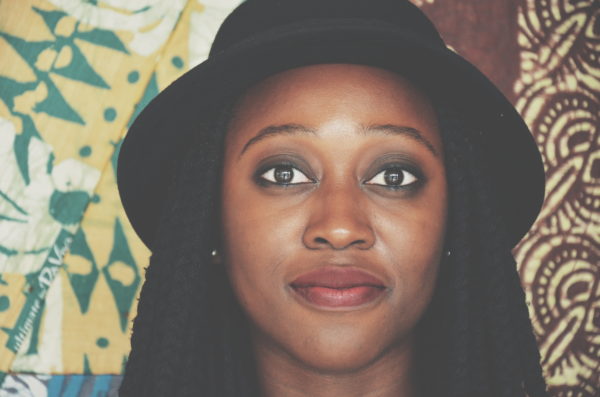
‘PEMI AGUDA (Nigeria), for “24, Alhaji Williams Street,” in Zoetrope: All-Story
’Pemi Aguda is from Lagos, Nigeria. She has an MFA from the Helen Zell Writers Program at the University of Michigan, where she is currently a Fellow. Her writing has won a Henfield Prize, Hopwood Awards (for Novel, Short Fiction, Non-Fiction and Drama), and the 2015 Writivism Prize. She attended Chimamanda Adichie’s Farafina Trust Workshop in 2011 and received a work-study scholarship from Bread Loaf Writers Conference in 2018 and an Octavia Butler Memorial Scholarship from the Carl Brandon Society to attend the Clarion Workshop in 2019, as well as a 2019 Juniper Summer Workshop scholarship. Her stories have appeared in Granta, Zoetrope: All-Story, American Short Fiction, and Lagos Noir. Website: pemiaguda.com.
FROM “24, Alhaji Williams Street”:
When we learned of Ade’s death, my mother tut-tutted. “The poor poor widow,” she said. “That poor poor woman.” My mother was a widow, too, but that day I understood the difference between a poor widow—my mother—and a poor poor widow: Ms. Williams. A poor poor widow is one who loses her son.
The street came together in mourning. My mother didn’t believe children should grieve other children, so everything I heard, I heard from her. She turned amala as she narrated Ms. Williams’s anguish. The woman had rolled and rolled on that fine Persian rug in her living room. My mother added water to the amala. The woman had torn at her silk kaftan, yanked at her curly wave, wept until her mascara left black blotches on the beige wool. That poor poor woman.
Ade was Ms. Williams’s only child, so the pattern wasn’t yet apparent when the fever crossed the street to number 2, Alhaji Williams and took the Emenikes’ youngest son. Everyone thought some bug was going around. Maybe it was the illegal refuse dump growing behind the bus stop, attracting dangerous flies. But when the fourth family lost their youngest boy to the fever—the Bellos in number 3—people started whispering.
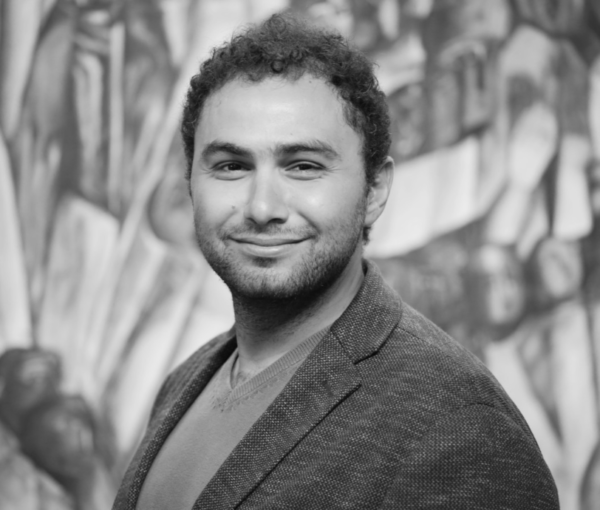
ADAM EL SHALAKANY (Egypt), for “Happy City Hotel,” first published in Hotel Africa: New Short Fiction from Africa, republished online in The Johannesburg Review of Books
Adam El Shalakany lives and works in Cairo, Egypt as a lawyer. Adam has always loved writing, ever since he was as tall as a hookah pipe. Adam’s passion is roaming around Cairo and trying to capture the melancholic chaos of the city.
FROM “Happy City Hotel”:
Finally, he didn’t know how, they had found themselves in a room two levels down, fucking. He was a virgin, but later that night he was an experienced man. He fucked with his back to the wall. Behind it, and a few buildings down, was the Jewish Temple, one of the last remaining operating temples in Egypt. It had been deserted after the wars, including the war of ’67 in which Shady’s uncle had died like a dog in the desert. Shady’s uncle had also been gay, but he hadn’t lived long enough for it to cause him or his family much bother.
When Khaled had finished, he began to cry. He had fallen in love with a whore. Mariam stared back at him with innocent eyes. He slapped and beat her, and she ran out of the room and out of the Happy City Hotel forever.
Enquiries, about the shortlisted writers or for interviews with them, can be sent to brittlepaperawards@gmail.com.






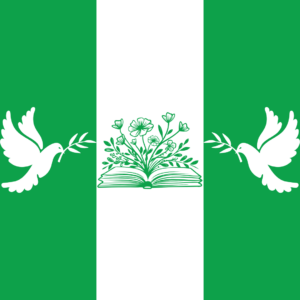


COMMENTS -
Reader Interactions